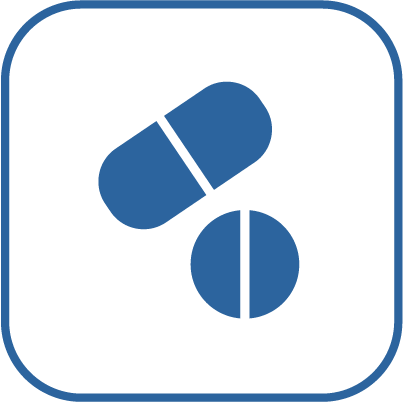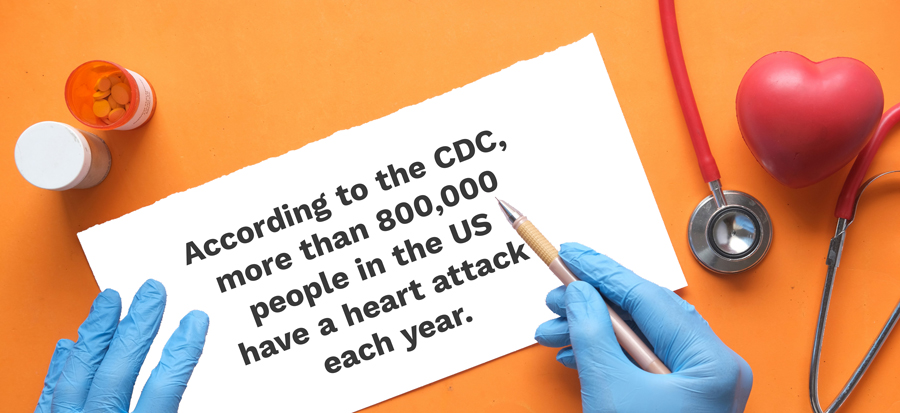February is American Heart Month
Heart disease is the leading cause of death in men and women in the US
Often presenting without any prior symptoms, heart disease accounts for approximately 1 in every 4 male deaths and 1 in every 5 female deaths according to the Centers for Disease Control and Prevention (CDC). In fact, someone dies every 33 seconds from cardiovascular disease in the US. Also alarming is that despite this fact, nearly half of women do not know that heart disease is their leading cause of death.
SNI is passionate about raising awareness and finding solutions to reduce heart disease risk in our community and in those we love.
Here’s some information we would like you to take to heart.
Heart disease accounts for approximately 1 in every 4 male deaths and 1 in every 5 female deaths.
What is heart disease?
Heart disease is a term used to collectively refer to several heart related conditions. In the US, coronary artery disease (CAD) is the most common type of heart disease. CAD is characterized by impaired blood flow to the heart – In some cases, a heart attack may be the first sign/symptom of CAD.
How do I know if I am at risk of developing heart disease?
Heart disease is often referred to as “silent”, meaning it often goes undiagnosed until serious symptoms present. These symptoms can include such things as arrhythmia (irregular beating of the heart), a health attack or even heart failure. According to the CDC, more than 800,000 people in the US have a heart attack each year. The best way to know your risk of developing heart disease is to be proactive.
Talk your doctor, especially if your family has a history of heart disease.
1. Address any medical conditions that increase your risk, including:
- High blood pressure (hypertension)
- Diabetes
- High LDL (low-density lipoprotein) cholesterol
- Overweight/obesity

2. Adopt a heart healthy lifestyle:
The ins:
- Physical activity – aim for 150 minutes per week
- Eating a balanced diet – remember to color half your plate with a variety of vegetables and whole fruits
- Sleep – practice good sleep hygiene to support quality sleep
The outs:
- Smoking – if you smoke, it’s time to quit!
- Alcohol – limit to 1 drink a day for women or 2 drinks a day for men
- A diet high in saturated fats, trans fats, cholesterol and salt – limit your intake of processed, fried and “junk” foods
- Stress – let it go and take time to unwind
3. What about supplements?
Because a link exists between diet and heart disease risk, researchers are eager to identify dietary factors or ‘bioactive compounds’ that could be responsible for conferring protection to the heart. While some studies suggested that certain vitamins such as vitamins C, E, D or folate (vitamin B9) may lower heart disease risk, larger clinical trials have failed to demonstrate this.
Likewise, while certain bioactives such as co-enzyme Q10, ubiquinol, and the omega-3 fatty acids DHA and EPA are marketed to support cardiovascular health, their effects on heart disease risk remains unclear.

Let the month of February be a reminder to show your heart some love.
Talk with your doctor to understand your heart disease risk, prioritize and implement heart healthy lifestyle habits.
Keep an eye on SNI's clinical trials page for more information on heart healthy supplements and other important heart related research.
Contact us at info@sourcenutra.com for all your industry inquiries.
Reference: https://womensbrainhealth.org/home#mission





